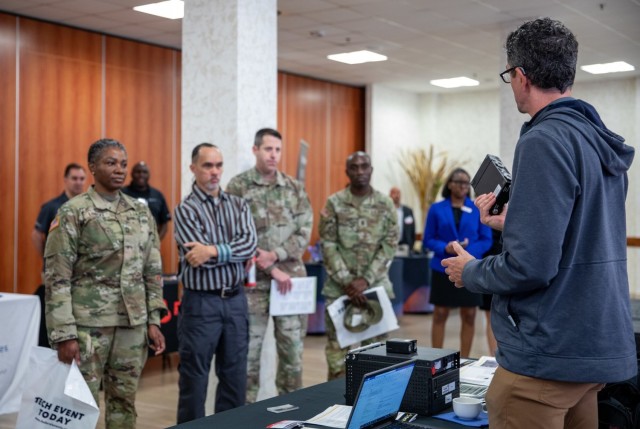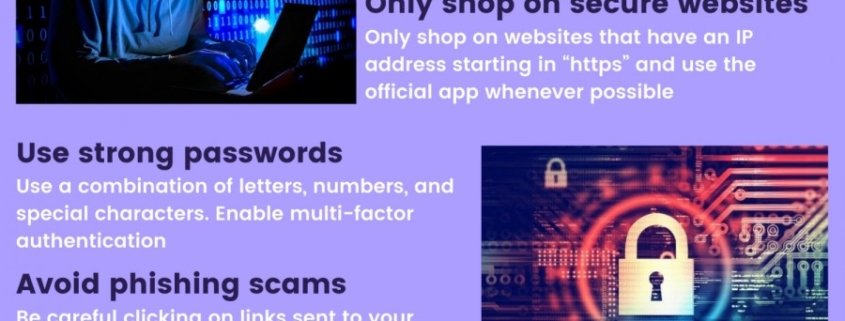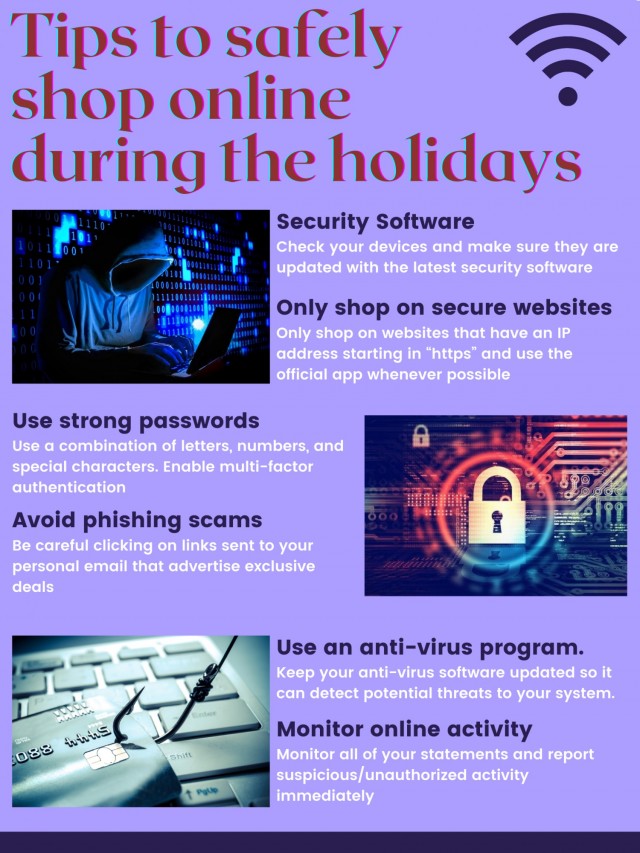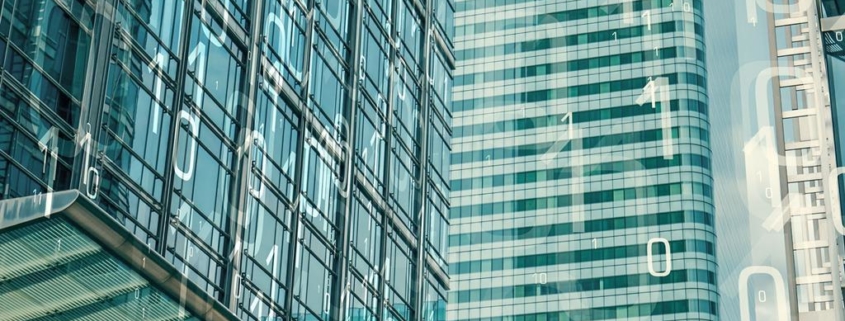2022 brought ‘most intense cyber-attacks so far’ / Article
SAB’s main tasks include intelligence and counter-intelligence activities as well as protection of classified information
“Russia continues its confrontational and aggressive policy towards the West. Its aim remains to divide the West’s unity against Russia,” said SAB in one of its more obvious conclusions.
“It is in Russia’s best interests to promote internal tensions and public dissatisfaction with the government or economic situation in Western countries, assuming that domestic problems could push certain European countries into reducing their political focus on Russia’s war in Ukraine,” SAB says in a summary of the report’s content, which is dominated by Russia. Nearly three-quarters of the report’s 42 pages concern Russia and Belarus.
“In addition to military operations, Russia is also actively developing informational influence operations. Having a border with Russia, Latvia is particularly affected by this – the historical memory of the Latvian society, as well as the geopolitical environment of our country and the large Russian-speaking population have a significant impact in this situation,” said director of SAB Egils Zviedris.
There is a high probability that Russia may decide to completely stop supplying energy resources to European countries in order to punish them for supporting Ukraine, states the report.
As regards domestic matters, SAB said it paid increased attention to the activities of “propaganda media, financed and supported by Russia,” during the period leading up to Saeima elections in October 2022, but that “No coordinated information influence operations were directly detected.”
“Even though no direct Russian interference in the elections was detected, we can still conclude that in the long term Russian propaganda messages have reached a significant part of Latvian society,” said SAB in its report.
According to SAB: “In 2022, Latvian cyberspace endured the most intense cyber-attacks so far. Cyber-attacks are carried out in waves and their number is increasing both because of the wider usage of Internet and cyberspace and the ongoing war in Ukraine. In 2022, the number of incidents registered and processed by the…







